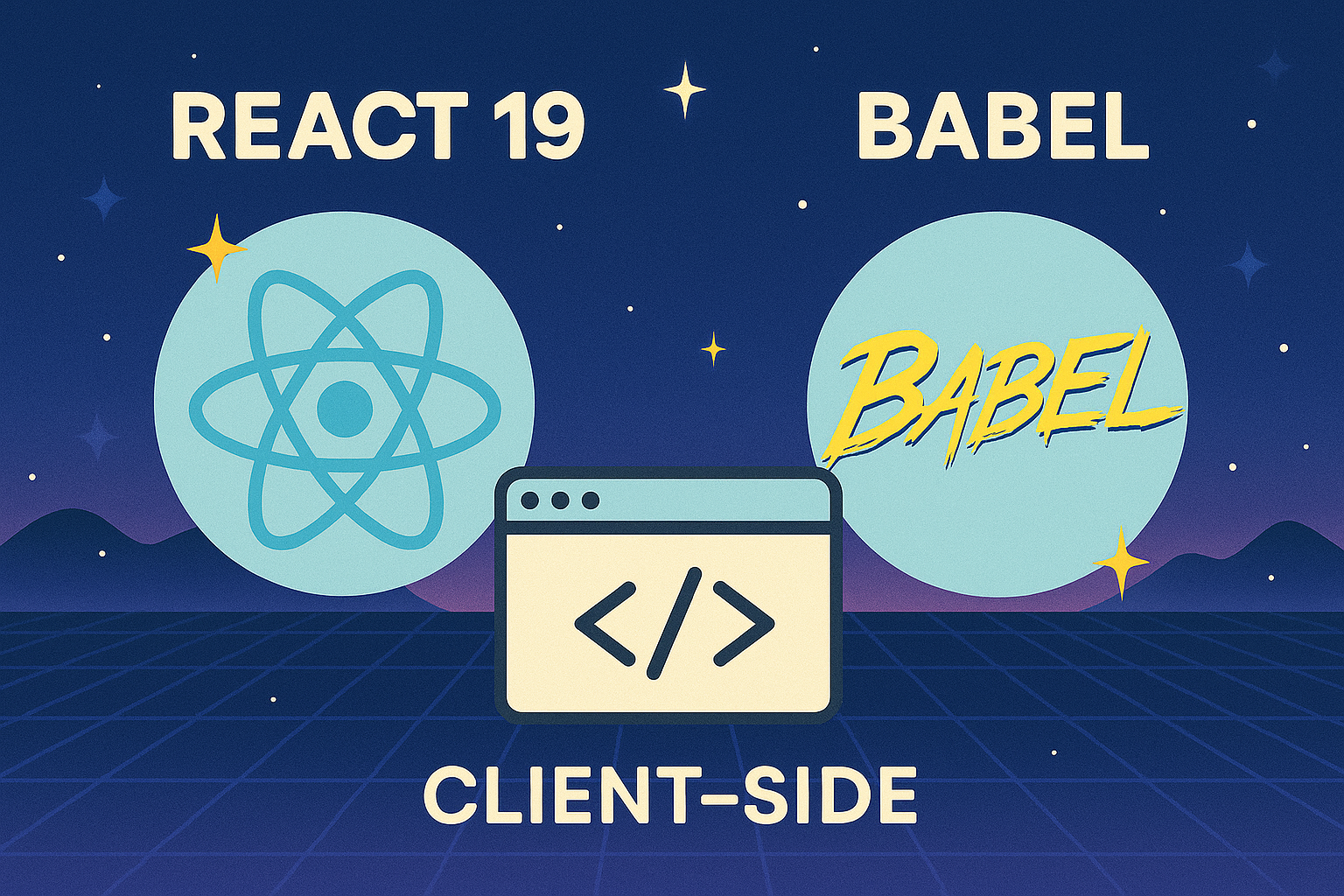My only axiom
By the time 12 [sic] Rules for Life became a well-known book worldwide, Jordan Peterson was already showing the first signs of intellectual decline (“I eat beef, and salt, and water. That's it. And I never cheat. Ever. Not even a little bit”). Or maybe not yet (“There's no such thing as ‘climate’. ‘Climate’ and ‘everything’ are the same word”). The thing is, I never bothered to read the book.
Not because I thought there would be nothing valuable in it — I had admired Peterson in the beginning, found myself in agreement with a lot of what he said back then, and the man is actually a good writer. But I considered myself sufficiently acquainted with his ideas, having discovered his earlier public lectures, his first interviews, etc. to read the book.
After that, it got only worse (the MAGA apologetics, the Biblical nonsense, the irritating ambiguity around the “God question”, the gratuitous attacks on individuals), and I definitely did not read the book.







